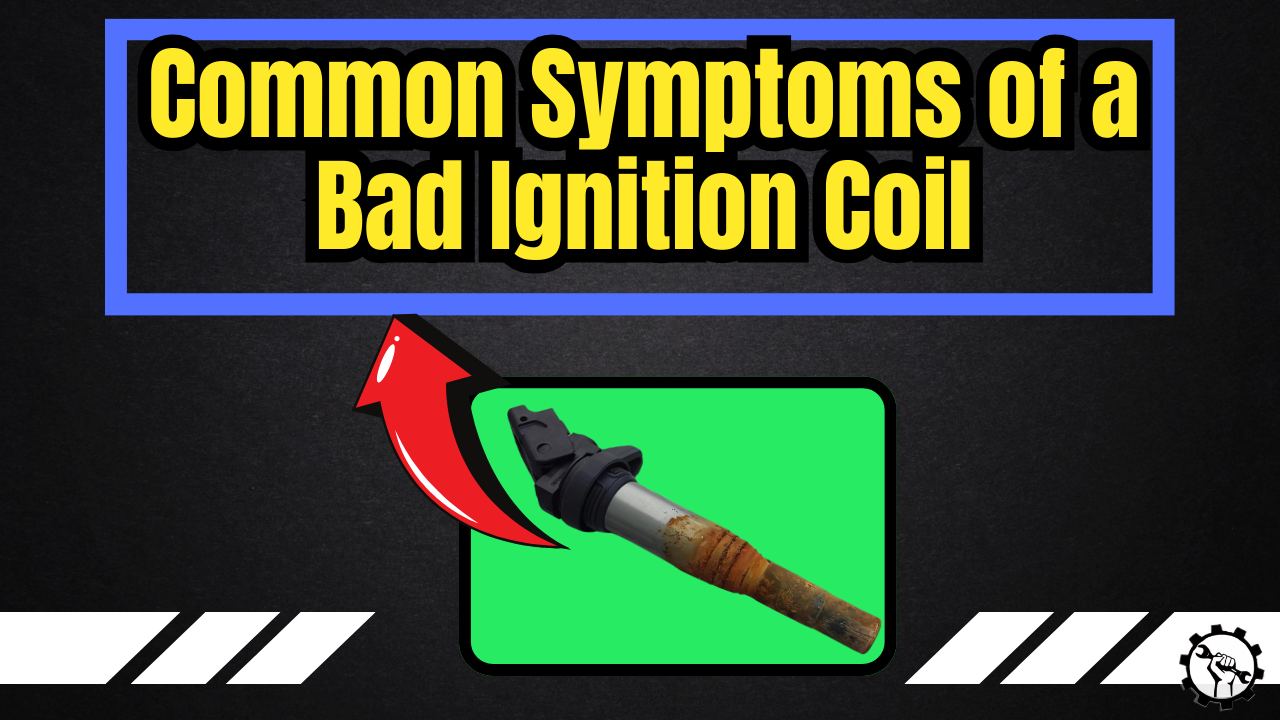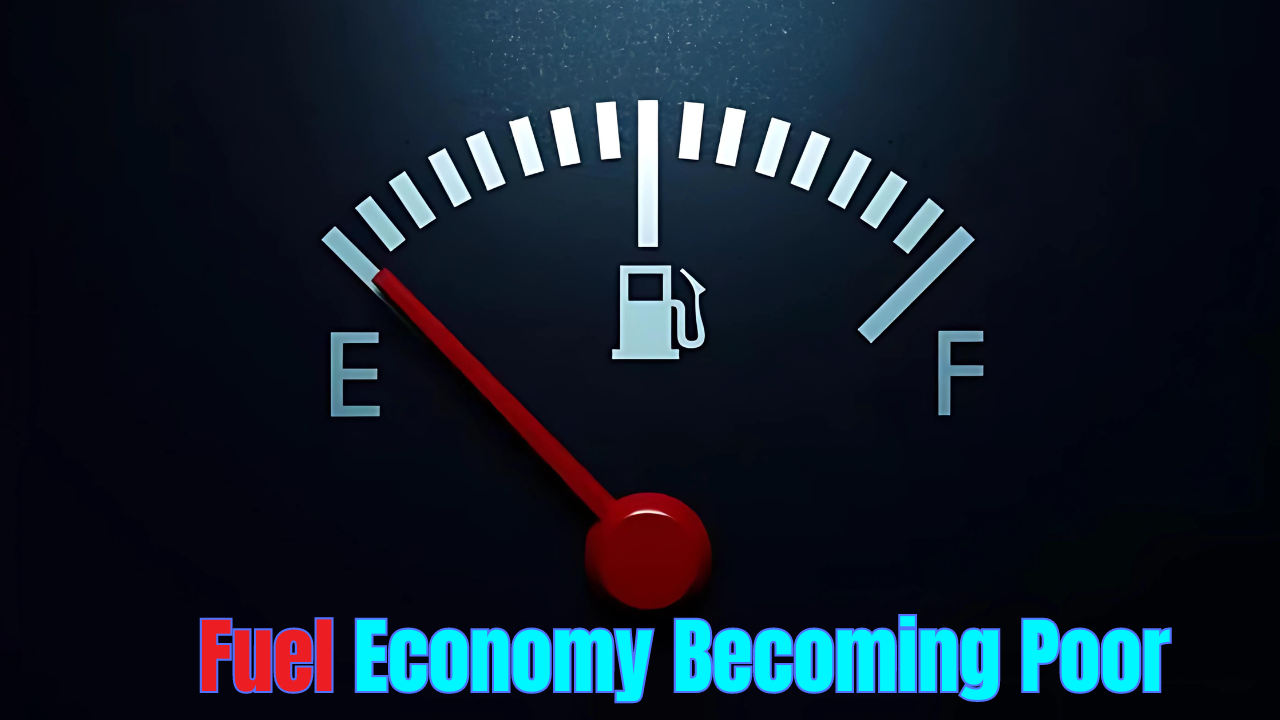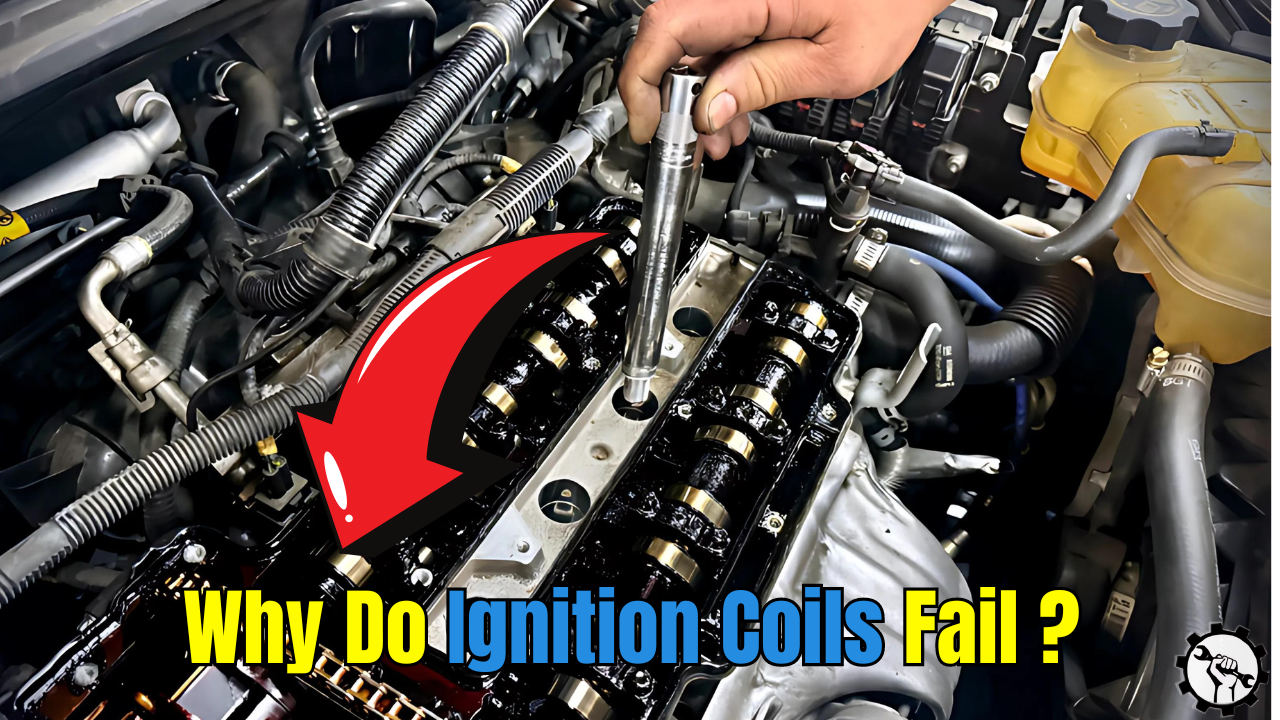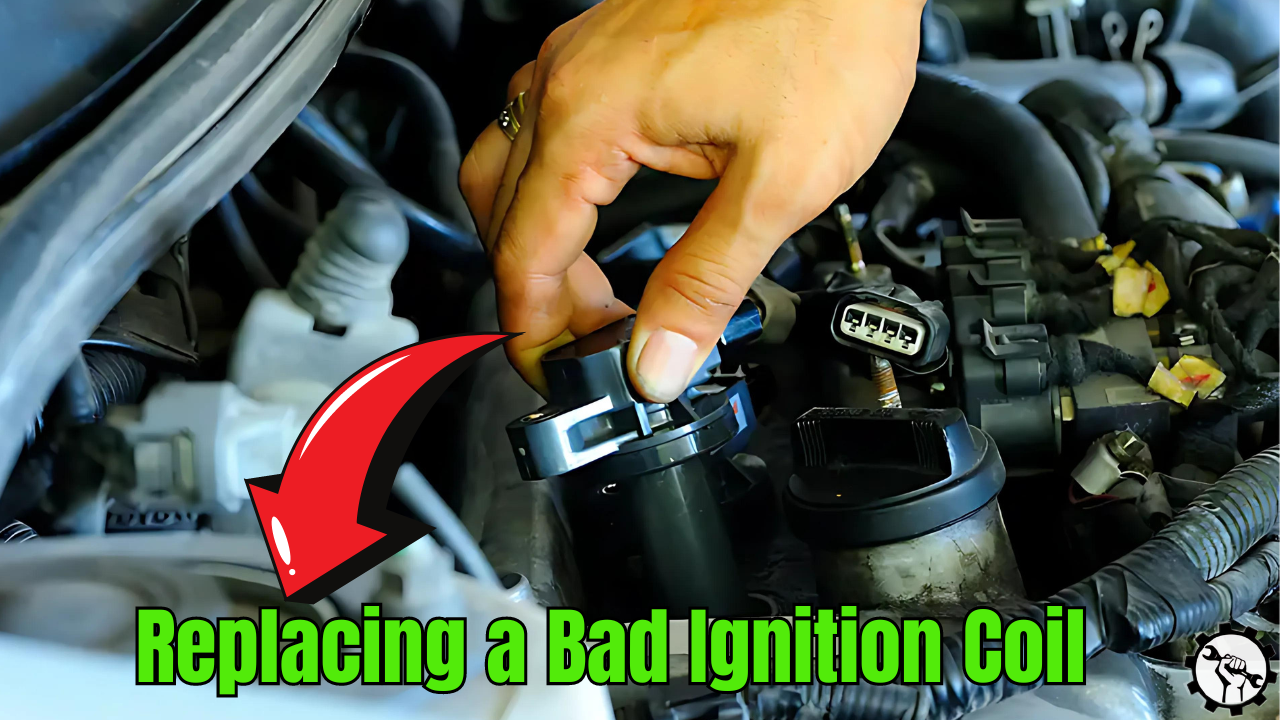Your vehicle’s ignition coil plays a crucial role in ensuring the smooth operation of your engine. It transforms the relatively low voltage from your car’s battery into the thousands of volts necessary to ignite the fuel and start the engine.
When an ignition coil starts to fail, it can lead to a range of engine performance issues that, if left untreated, can cause significant damage to your vehicle. Understanding the symptoms of a bad ignition coil can help you identify and fix the problem before it escalates then gets worse.
We’ve summarized and highlighted the key signs of a failing ignition coil, why these issues occur, and what you can do to resolve them. Prompt handling on the symptoms of a bad ignition coil can save you from spending thousands for repairs and/or replacements.
What is an Ignition Coil and How Does It Work?
The ignition coil is a compact electrical transformer that converts the battery’s 12 volts into the high voltage needed to create a spark at the spark plug. This spark is what ignites the air-fuel mixture inside the engine’s cylinders, powering your vehicle.
In older vehicles, a single ignition coil was used to distribute voltage to all spark plugs via a distributor. Modern vehicles, however, often use a coil-on-plug (COP) system, where each spark plug has its own dedicated ignition coil.
Common Symptoms of a Bad Ignition Coil
While COP system is more efficient and reliable, it also means that a failure in any one of these coils can lead to noticeable engine issues. These are some common symptoms you can notice when the ignition coil becomes faulty or malfunctioning:

Check Engine Light ON
One of the most immediate and obvious signs of a bad ignition coil is the illumination of the check engine light on your dashboard. Modern vehicles are equipped with an onboard diagnostics system (OBD-II) that monitors the performance of various engine components, including the ignition coils.
When the system detects a problem, it triggers the check engine light. If you have an OBD-II scanner, you might find a code related to the ignition coil, such as P0351, which specifically points to an issue with the coil circuit.
Engine Misfires
Another common symptom of a bad ignition coil is engine misfiring. Misfires occur when the spark plug fails to ignite the fuel-air mixture in the cylinder properly. This can result in a “jerking” or “sputtering” sensation while driving.
You may particularly experience these sensations when accelerating or maintaining a steady speed. You might also notice that the engine runs roughly when idling, with noticeable rough vibrations.
Misfires not only affect the engine’s performance but can also lead to increased emissions, reduced fuel efficiency, and potential damage to the catalytic converter. If left untreated promptly, frequent misfires can cause significant damages to your engine.
Troubled Starts
If your vehicle is having trouble starting, especially in colder weather, a bad ignition coil could be the cause. The ignition coil is responsible for delivering the high voltage needed to create a spark at the spark plug. When the coil is failing, it may not generate enough voltage to start the engine, leading to difficult starts or no start at all.
This issue is more common in vehicles with a single ignition coil, as opposed to the COP system. In COP systems, if one coil fails, the engine might still start, but with noticeable performance issues, such as misfiring or rough idling,
Fuel Economy Becoming Poor
A significant drop in fuel efficiency is another indicator of a failing ignition coil. When the coil is not functioning correctly, it can cause incomplete combustion of the fuel-air mixture in the cylinder.
That particular condition would make the engine compensating by burning more fuel to maintain the ideal/required power output. This condition not only reduces your vehicle’s fuel economy but also leads to increased emissions.
You might notice that you’re filling up the gas tank more often than usual, even if your driving habits haven’t changed. Poor fuel economy, coupled with other symptoms like misfires or difficult starts, should prompt you to check the ignition coil.

Loss of Engine Power
A bad ignition coil can cause a significant reduction in engine power. You may find that your vehicle accelerates more slowly than usual or struggles to maintain speed, especially when climbing hills or carrying heavy loads.
The loss of power occurs because the engine is not firing on all cylinders, which can happen when the spark plugs aren’t receiving enough voltage from the ignition coil. You’ll soon enough notice this loss of power when driving the car with this problem.
This symptom can make driving dangerous, particularly in situations where quick acceleration is necessary. If you notice a drop in engine power, it’s important to have your ignition system checked immediately.
Backfiring
Backfiring is a dramatic symptom of a failing ignition coil and occurs when unburned fuel is ignited in the exhaust system, producing a loud bang. This can happen if the ignition coil isn’t providing a consistent spark, causing some fuel to remain unburned in the cylinder. When this unburned fuel eventually ignites, it can lead to a backfire.
As you might have known, backfiring is not only alarming but can also cause serious damage to your engine and exhaust system. If you hear loud popping sounds coming from your exhaust, you should stop driving and have your vehicle inspected as soon as possible.
Rough Idling and Vibrations
When an ignition coil fails, it can cause the engine to idle roughly, with noticeable vibrations. This occurs because one or more cylinders aren’t firing properly, causing an imbalance in the operating engine.
You might feel the vehicle shaking or vibrating worse than usual when idling at a stoplight or when starting the engine.Rough idling is a clear sign that something is wrong with your ignition system, and it should be addressed to avoid further engine damage
Stalling
A malfunctioning ignition coil can also cause your vehicle to stall unexpectedly. If the coil is unable to provide the necessary voltage to the spark plugs, the engine may struggle to stay running, particularly when idling or at low speeds.
This can be especially dangerous if the vehicle stalls while driving, as it can cause a loss of power steering and brakes. If your vehicle stalls frequently or struggles to stay running, it’s a sign that your ignition coil may need to be replaced.
Why Do Ignition Coils Fail?
Ignition coils are generally durable components, designed to last between 70,000 and 100,000 miles. However, several factors can cause them to fail earlier:
- Heat and Vibration: The constant exposure to high temperatures and vibrations from the engine can cause wear and tear on the ignition coils over time.
- Faulty Spark Plugs: If your spark plugs are worn or have an incorrect gap, they can put additional strain on the ignition coil, causing it to fail sooner.
- Moisture and Contamination: In coil-on-plug systems, the ignition coil sits directly above the spark plug, making it susceptible to moisture and contamination. Oil leaks or water ingress can cause the coil to short-circuit or corrode.
- Invalid Air-Fuel Mixture: If the engine is running too rich (too much fuel) or too lean (too much air), it can cause the spark plugs to malfunction, leading to ignition coil failure.

Replacing a Bad Ignition Coil
If you think that your ignition coil is failing, it’s very important to have it inspected and replaced if necessary. In many cars, ignition coils are relatively easy to replace and can be done by knowledgeable DIYers. However, if the coil is not easily accessible or if you’re unsure about the process, it’s best to have a professional mechanic perform the replacement.
The cost of replacing an ignition coil can vary depending on the make and model of your vehicle, but it typically ranges from $35 to $350 for set parts. If you opt to have a mechanic do the work, you’ll also need to factor in service costs.

Conclusion
The ignition coil is a critical component of your vehicle’s engine system, and its failure can lead to a host of performance issues, from rough idling and misfires to stalling and backfiring.
Recognizing the symptoms of a bad ignition coil and addressing them promptly can help you avoid more serious engine damage and keep your vehicle running smoothly. If you notice any of the signs/symptoms mentioned above, it’s time to have your ignition system checked and, if necessary, replace the faulty ignition coil.

As a mechanical engineer, it’s easy for David to explain the functionality of the tool. David test most of the tools before writing a review. its help him to learn something new and suggest the best product for you.





